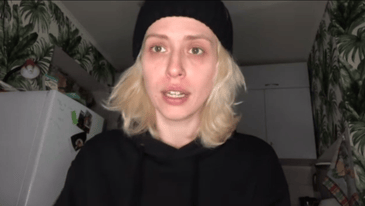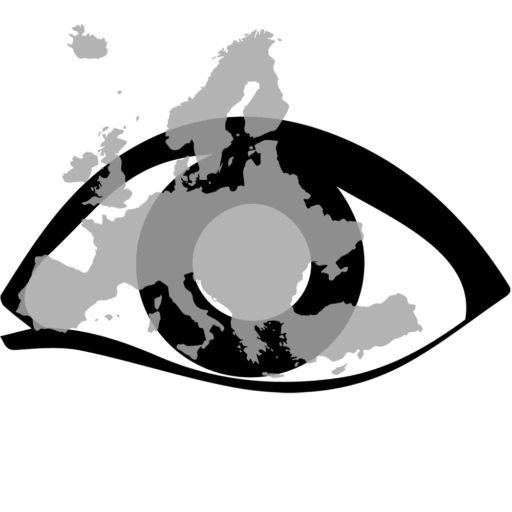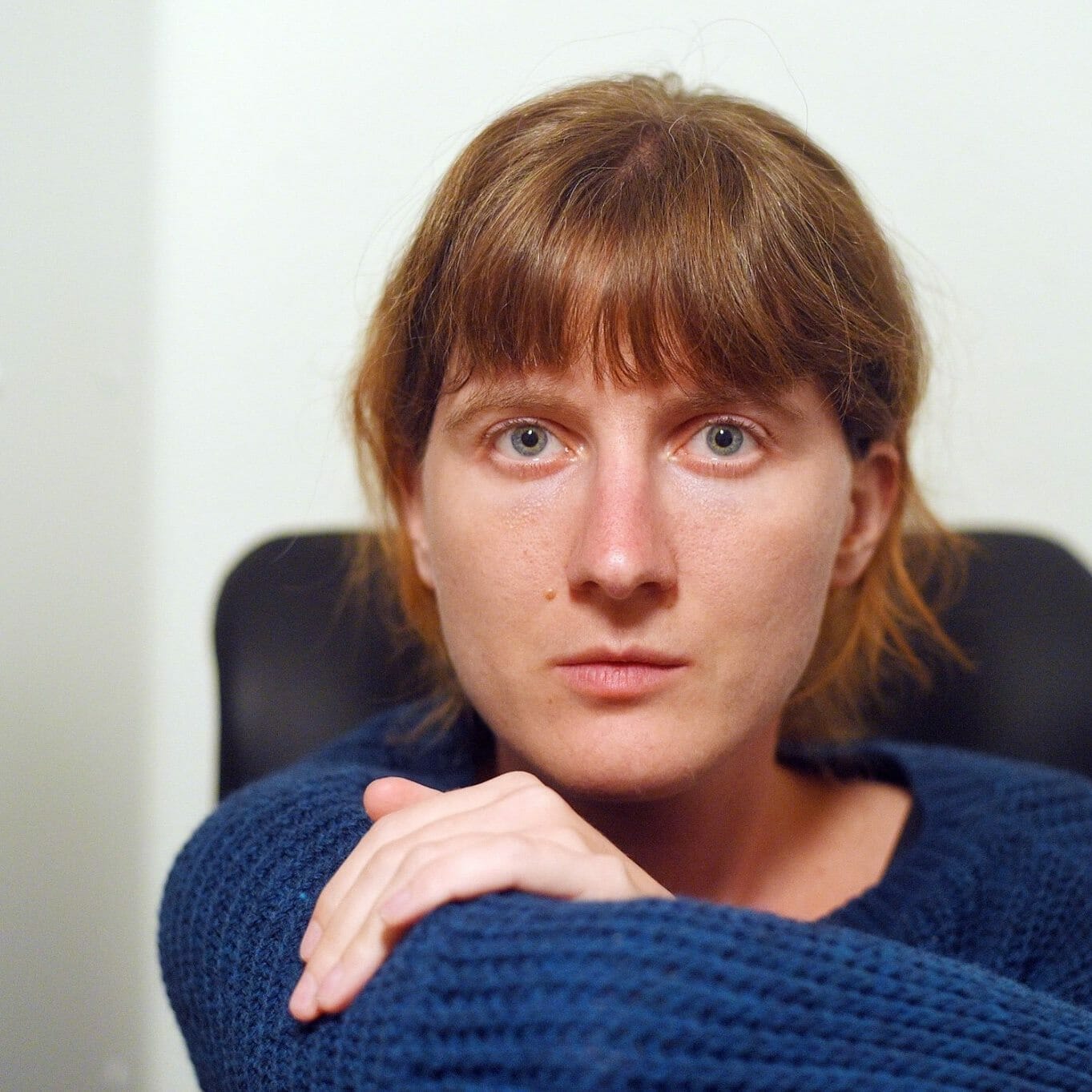From Afghanistan and Ukraine: A family flees for the second time
Canada and the US evacuated Afghans from Kabul with a stopover in Ukraine. With the widespread war there, they are going from bad to worse.
The contact to Fatema Hosseini comes through a colleague: He asks for support for Hosseini’s family, which is still in Ukraine. “Their passports are at the immigration office in Kyiv, they can no longer pick them up,” he says. They therefore do not know how to leave the country. It’s Wednesday, Russia’s war of aggression is almost a week old. At this point, Hosseini is already in the USA, where she was evacuated as a result of her international work as a journalist. Looking back, she says: “I really didn’t want to go alone. My father was in the military for eleven years, he was in much more danger than I was.” At the insistence of her employer, she was evacuated to the interim country of Ukraine, at least, and did everything to ensure that her family – her parents and younger siblings – were allowed to follow.
In limbo with the authroties
A week later they were reunited. Hosseini herself was evacuated further to the USA, but Canada seemed to be the better solution for her family. Her sister had lived there for a long time and was familiar with the country and its structures. Everything looked promising at first, but then all of a sudden things stood still. When they asked Canadian authorities they were told that the Canadian authorities had emailed a questionnaire and that as they had not completed it they could not proceed with the evacuation. “But there was no email in the inbox,” says Hosseini. Ultimately, this step cost them a month; only then did the electronic mail actually arrive.
In the questionnaire, her father was asked to explain what he did in the military and whether he had killed anyone. “Fortunately he did not do that; he was responsible for communications and logistics,” says Hosseini. So she thought that everything was settled now and that her family would soon be with her sister in safe Canada. They still had around two weeks to process when the war in Ukraine, which had been smoldering since 2014, escalated due to the large-scale attack by the Russian army. At the time, Hosseini’s family was in Ternopil, about a five-hour drive from the Polish border – at normal times and without the traffic jams caused by the flight.
From bad to worse
At the time contact was made on Thursday, it was still completely unclear how the family could leave the country. She dials the emergency number of the Canadian embassy: They tell her that they are not responsible – the family does not yet have a Canadian residence permit. Does the family have other identification papers that could suffice at the border to prove their status as a person seeking protection? Hosseini digs deeper; there are these migration papers in Ukrainian. They also had to hand in their ID check cards at the office: “I found it strange that they had to hand in both: ID cards and passports,” she says. On request, at least their paper tazkeras can be found in her family’s papers.
Finally, Caritas volunteers drive the family to Lviv, where a journalist takes them to the border. Then on Thursday evening the good news come: “My family is in Poland.” Hosseini writes that they were taken directly to accommodation there and that they are in good hands. As this article is being written, the family is already on its way to Warsaw. All’s well that ends well? Hopefully!
Vorgeschlagene Beiträge

Juli Karzanova reports from Chernihiv: “We are dying here: for no reason at all”

Reflection of a life: How Jamila left Afghanistan in search for safety

Haunted by war: Ukrainian Jews in Israel face missile attacks – again
[mc4wp_form id=239488]


Leave a Reply
You must be logged in to post a comment.